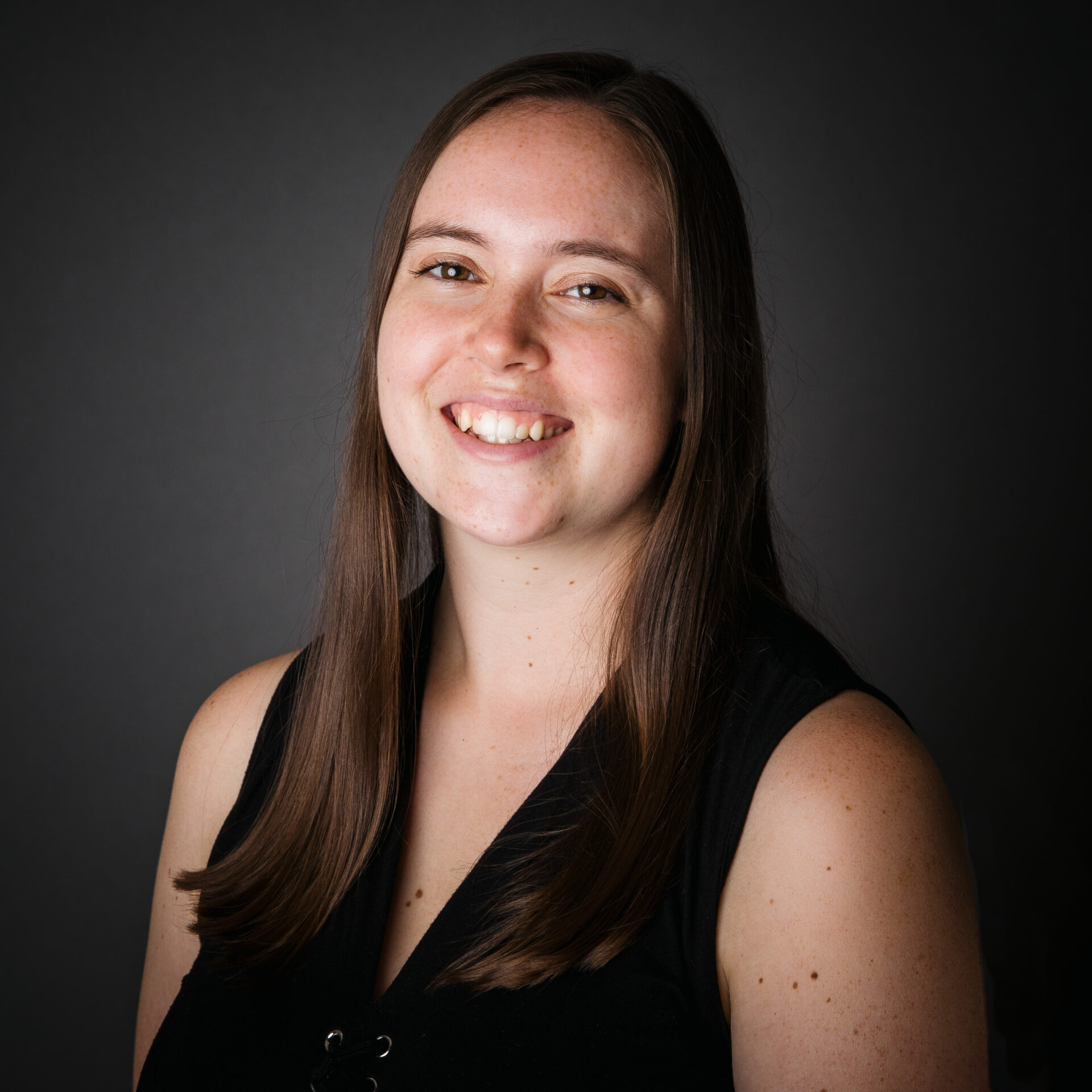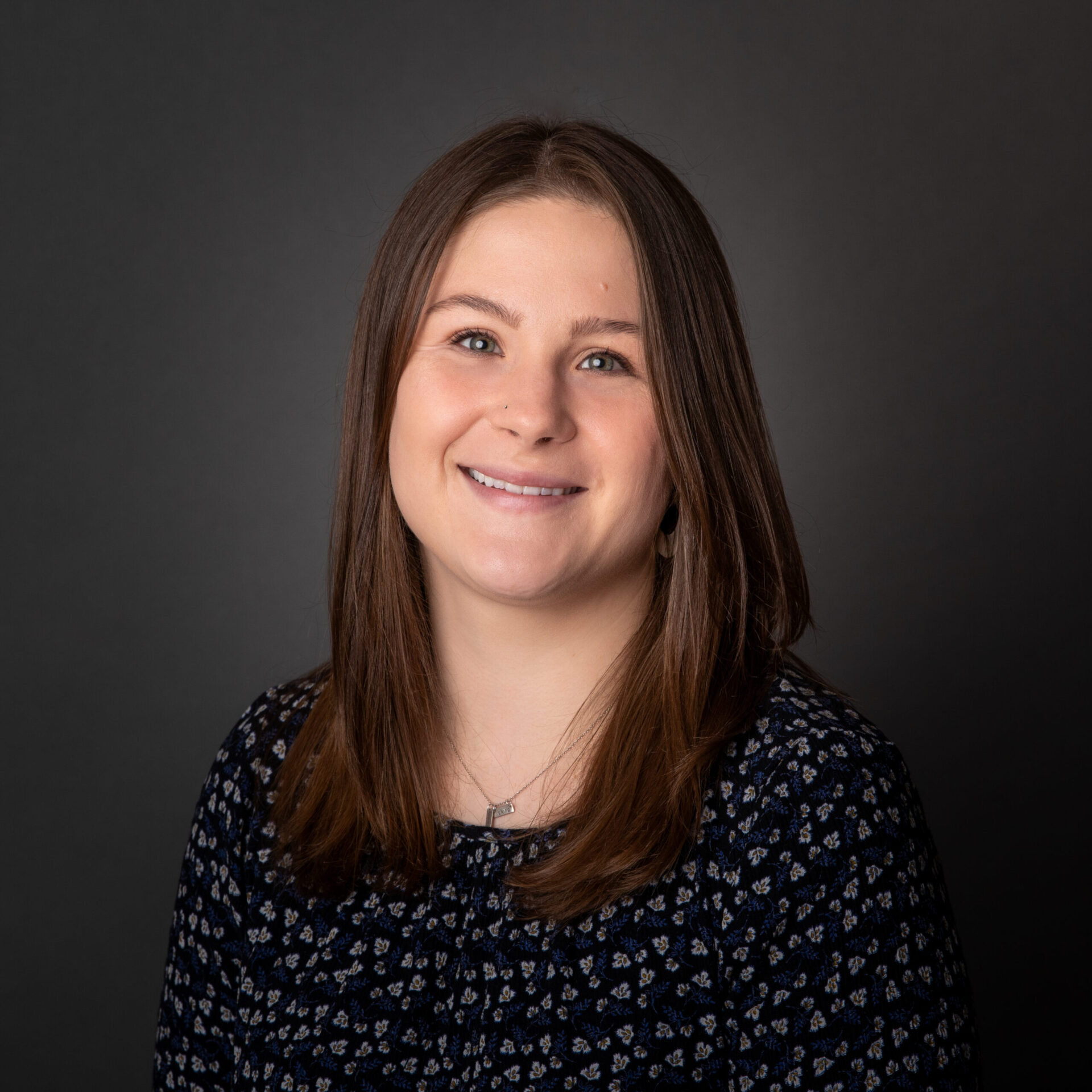Eating disorders are complicated emotional, physical, and mental disorders that affect every aspect of a person’s well-being.
Sunstone’s clinicians are highly trained in the treatment of eating disorders, having worked at the inpatient, residential, partial hospitalization, intensive outpatient, and outpatient levels of care as part of our training and experience.
We utilize a Health At Every Size (HAES) and All Foods Fit perspectives to help you become at peace with your body and the role food plays in your life. We consider how culture, race, religion, orientation, family of origin, and identity influence your body and mind.

Providing Holistic Care
We believe eating disorders should be treated holistically, and we work collaboratively with dietitians, psychiatrists, physicians, school counselors, families, and anyone else involved with your care. Our counselors provide care for a wide spectrum of disordered eating struggles, including:
- Anorexia Nervosa
- Bulimia Nervosa
- Binge Eating Disorder
- Avoidant Restrictive Food Intake Disorder (ARFID)
- Orthorexia
- Over-exercise
- Emotional Eating
- Body Image Concerns
- Body Dysmorphia
- Disordered Eating
- Complicated relationships with food, weight, and body
Serving Individuals and Their Loved Ones
We understand that eating disorders often do not affect only the individual; they may affect every person in the individual’s life. For this reason, we aim to serve individuals, couples, parents, and families using:
- Individual Therapy
- Family Therapy
- Group Therapy
- Parent Coaching
- Workshops
Putting the Client’s Safety First
Our first priority will always be your safety and well-being. Due to the complicated medical nature of eating disorders, we assess for level-of-care appropriateness upon the initial consultation. If it is found that you or your loved one is in need of a higher-level of care based on our carefully curated questions, we will work with you to find the correct resources you need and deserve.
Meet our counselors who specialize in disordered eating
Eating Disorder Recovery Process Group Therapy (Meeting Virtually)
Join us on taking a deep dive into your relationship with eating disorder recovery. Peer support offers a whole different level of commitment to the recovery process. These “process” style groups will focus on the issues, questions, and topics group members bring to the session.
Common topics include: finding balance with movement, utilizing family and friends for support, identifying motivations for recovery, improving body image, fighting diet culture, practicing self-compassion, building confidence, forming an identity outside of disordered eating, and more.
Clients with diagnoses including Anorexia, Bulimia, OSFED, ARFID, and Binge Eating Disorder are welcome. We aim to discuss the common drivers and coping skills related to disordered eating, not the specific symptoms and behaviors, so everyone can find a common ground.
All genders welcome.

5 Tips on How to Manage Food Fears on Thanksgiving
The holidays are a time for connection and celebration, but if you struggle with an eating disorder, they are also a time of anxiety. Many hurdles can arise throughout the holiday season – such as comments from others on eating and appearance, inconsistent timing of meals, unfamiliar food choices, and stress around loss of routine. If you are feeling a sense of overwhelm and dread over the upcoming holiday, you are not alone.
Am I Hungry, Stressed, or Bored?
We’ve all heard someone mention their fear of gaining the “COVID-19” and have seen the many memes about snacking more during social distancing. While these messages aren’t helpful for anyone since we have bigger concerns (i.e. a global pandemic) than putting on a few extra completely normal and non-threatening pounds, these messages remind us that our routines may have shifted significantly.
Tips to Navigate the Holidays While Staying in Eating Disorder Recovery
For many of us, the holiday season seems to center around food. People make food together, gather to eat food, and talk about food. Food, food, food. For those diagnosed with an eating disorder, the holidays are the ultimate test of recovery skills. While it may seem intimidating, it is possible to make it through the holiday season recovery focused! Here are some steps to help get your holiday season started off right.
It’s Not Just About Weight: Atypical Anorexia
Eating disorders are major illnesses with a profound psychiatric and physical effect – whether or not the individual displays the apparent significant weight loss. Unfortunately, even in the medical and psychiatric communities, eating disorders in people at higher weights are commonly misdiagnosed, and not identified as needing treatment, leading to poorer prognosis of the disease. Someone does need not be emaciated to be suffering from an eating disorder. Eating disorders affect women and men of all ages, all ethnicities, and all body sizes.








